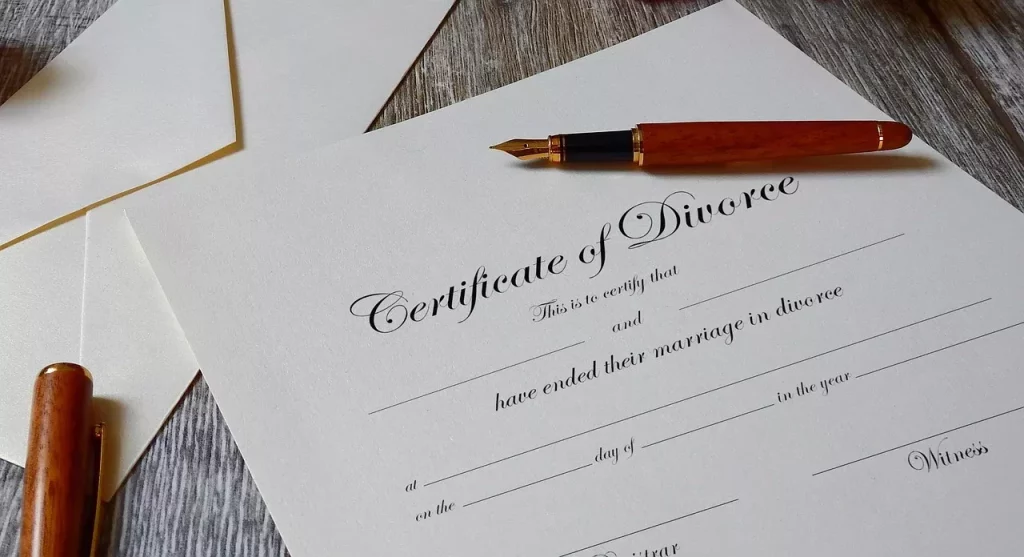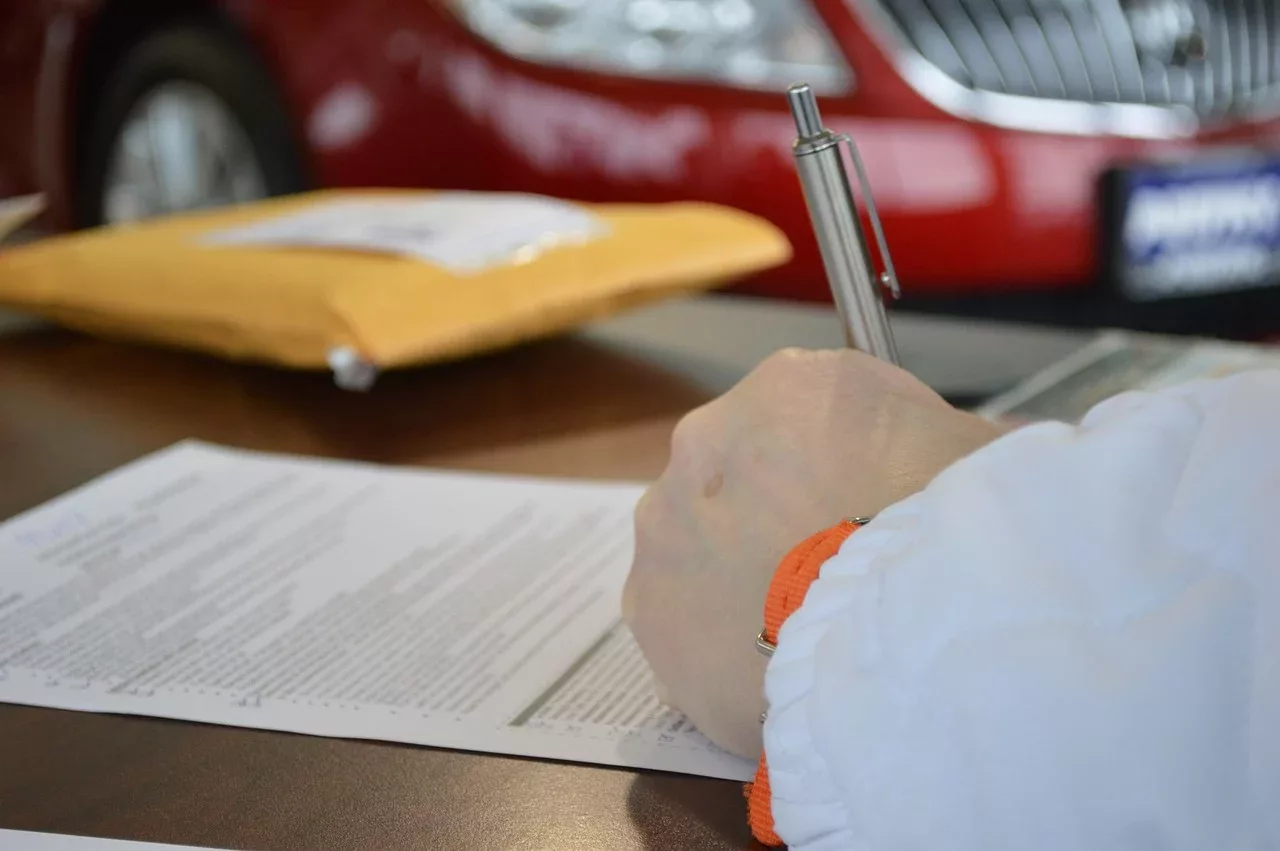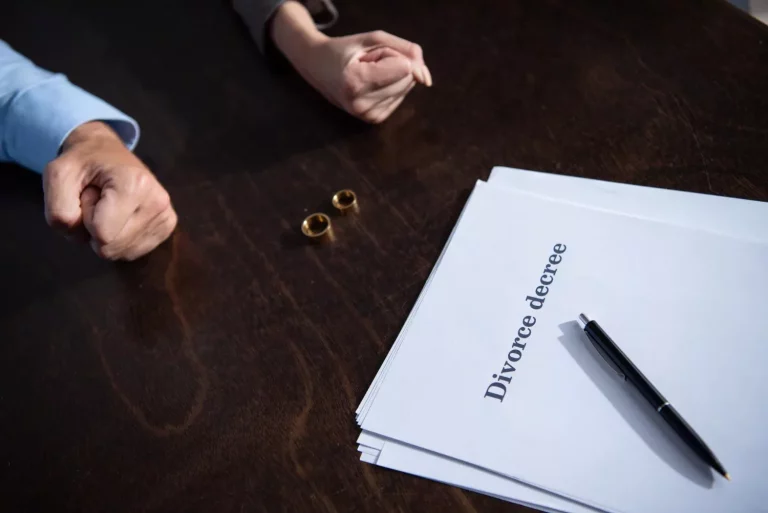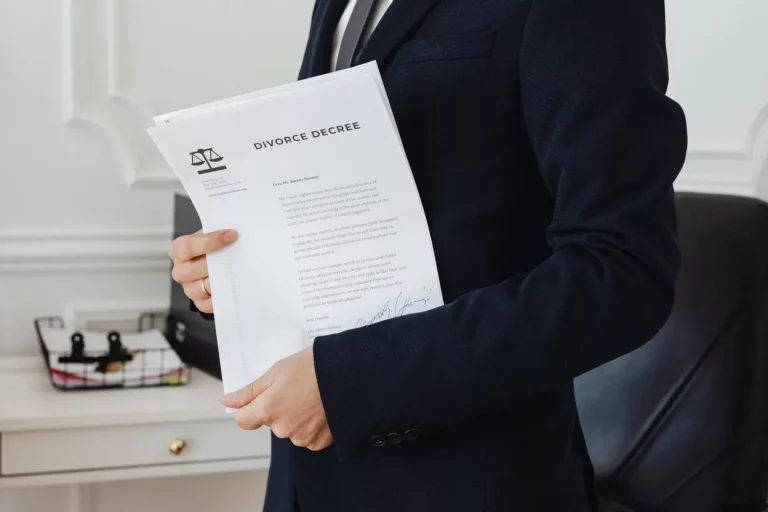Massachusetts Divorce Timeline – A Quick Guide
Ever wondered how long it takes to get divorced in Massachusetts? At TheBostonDivorceLawyer, we understand that the divorce process can be confusing and time-consuming. In this article, we break down the Massachusetts divorce timeline to help you navigate your way through the process.
As stated in Massachusetts law, the timeline for divorce proceedings can vary depending on the complexity of the case and any potential delays in court processing. Typically, uncontested divorces can be finalized in as little as 1-3 months, while contested divorces may take a year or longer to resolve.
Initial filing
To start the divorce process, you need to fill out a Complaint for Divorce form. This form explains why you want the divorce and includes any requests you have for things like child custody, support, and splitting up property. The person who files the form is called the plaintiff, and the other person is the defendant.
After filing, the defendant must get a copy of the divorce papers. You can send these papers by certified mail or have a constable or sheriff deliver them. Once the defendant gets the papers, they have a specific period to reply.
If the defendant doesn’t reply in time, the plaintiff can ask the court for a default judgment. Let me explain, if the defendant does reply, both sides will usually share financial details in a process called discovery. This helps the court decide on things like child support and how to divide property.
During the divorce process in Massachusetts, there might be hearings to sort out any disagreements. If the two parties can’t agree, the case might go to trial. Once everything is resolved, a judge will issue a final divorce decree, ending the marriage.
Serving spouse
This text is to inform you that you need to officially tell your spouse that you want a divorce. The person asking for the divorce, called the petitioner, has to give the divorce papers to their spouse, known as the respondent.
You can serve the papers to your spouse either in person through a sheriff or constable, or by sending them with certified mail that requires a signature. This makes sure your spouse gets the papers and knows about the divorce.
After serving the papers, your spouse has a certain amount of time to reply. On a serious note, if they don’t respond within that time, you can ask the court for a default judgment.
If you can’t find your spouse to serve the papers, you might need to take extra steps. This could include publishing a notice in a local newspaper or asking the court for permission to serve them in another way.
Following the right steps to serve your spouse is important for the divorce to move forward. If you don’t serve them correctly, it can delay and complicate the process. It’s a good idea to get help from a family law attorney to make sure you meet all legal rules.
Court hearings
These hearings happen at different stages in a Massachusetts divorce to handle various issues that come up during the process. First, a couple must file for divorce and attend an initial hearing where temporary orders may be issued for things like child custody, child support, and visitation rules.
As the case moves forward, both parties might go to pre-trial conferences to try to agree on disputed issues. If they can’t agree, a trial date will be set, and a judge will decide on the unresolved matters. During the trial, both sides present evidence and witnesses to make their case.
Let me explain, after the trial, the court may issue a final divorce judgment. This judgment will detail the terms of the divorce, such as how assets are divided, alimony, child support, and custody arrangements. Both parties must follow the terms outlined in the judgment.
Throughout the divorce process in Massachusetts, court hearings are important to ensure everything is handled fairly and legally. It’s very important for both parties to attend these hearings and adhere to any court orders to avoid legal issues. The length of the divorce process in Massachusetts can vary based on how complex the issues are and how willing both parties are to cooperate.
Finalizing agreement
A key part of this process is agreeing on important issues between both parties. This includes dividing assets, deciding child custody and support, and determining alimony.
Negotiating this agreement can be tough and emotional. Both parties need to understand and compromise on different aspects of the divorce. This may involve talks between the couple, meetings with their lawyers, and sometimes a mediator.
Once they reach an agreement, it has to be written down and sent to the court for approval. The court will review it to make sure it’s fair and good for any children involved. Come to think of it, if the court approves, the agreement becomes legally binding, and both parties must follow its terms.
Finalizing the agreement is an important step in the Massachusetts divorce process, as it clears the way for the divorce to be legally completed. After court approval, a judgment of divorce will be issued, officially ending the marriage.

Divorce decree
First, one spouse needs to file a Complaint for Divorce with the court, explaining why they want the divorce. The other spouse must receive a copy of this Complaint and has a certain amount of time to respond.
After filing the initial papers, both spouses have to share all their assets and debts with each other. They should try to agree on important matters like dividing property, child custody, and support.
If they reach an agreement, they can send a written document to the court for approval. If they can’t agree, the case will go to trial and a judge will decide for them.
Once an agreement is approved or a judge makes a decision, a temporary judgment called a Judgment of Divorce Nisi will be issued. So to speak, this becomes final after a waiting period of 90 days.
During these 90 days, either spouse can object to the judgment. If there are no objections, the Judgment of Divorce Nisi becomes a Judgment of Divorce Absolute, which officially ends the marriage.
The final document in the process is the divorce decree. This paper lists the terms of the divorce, including property division, child custody, and support arrangements.
The length of the divorce process in Massachusetts can vary depending on how complicated the case is and how well the spouses work together. It’s important for people going through a divorce to get legal advice to protect their rights.
The End Note
Navigating the Massachusetts divorce timeline can be a complex and challenging process. From filing the initial paperwork to finalizing the divorce decree, each step requires careful consideration and adherence to specific timelines.
What TheBostonDivorceLawyers is encouraging to check is, it is important for individuals going through a divorce in Massachusetts to seek legal guidance to ensure a smooth and timely resolution.







